Di Rocco denies conflict with Cookson over Astana licence process
Italian federation head says partnership with Kazakhs not conflict of interest
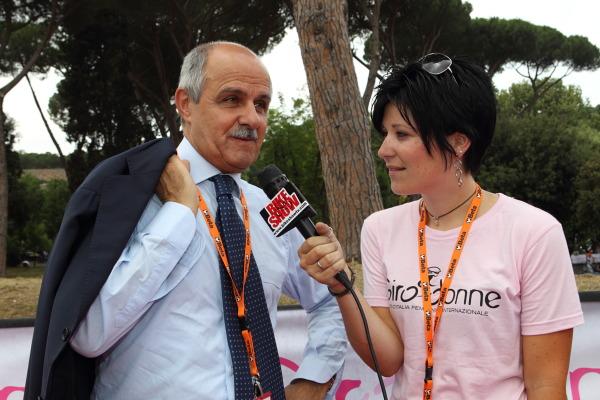
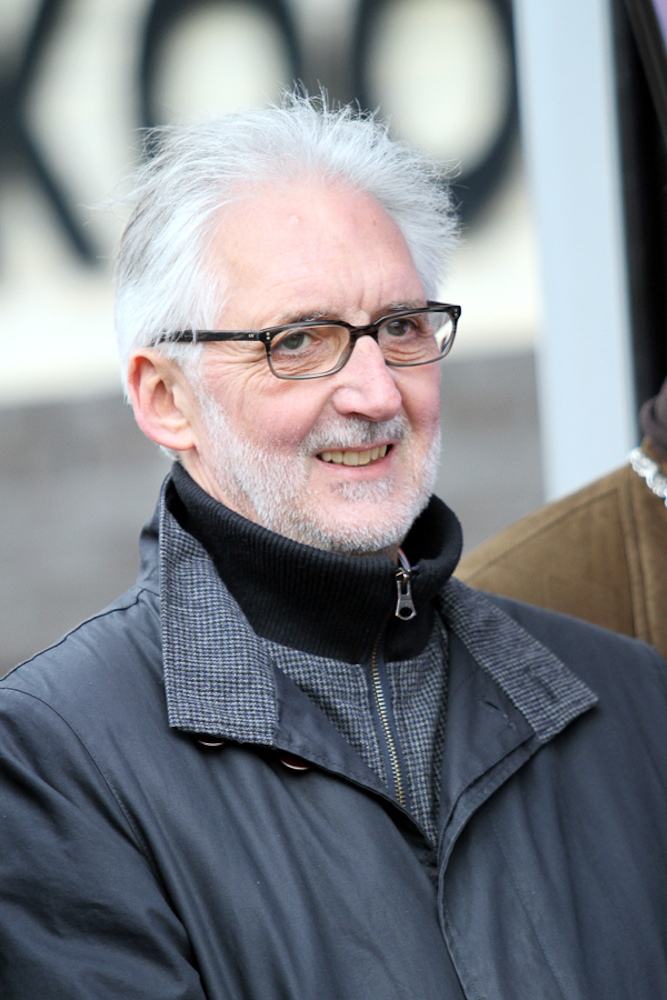
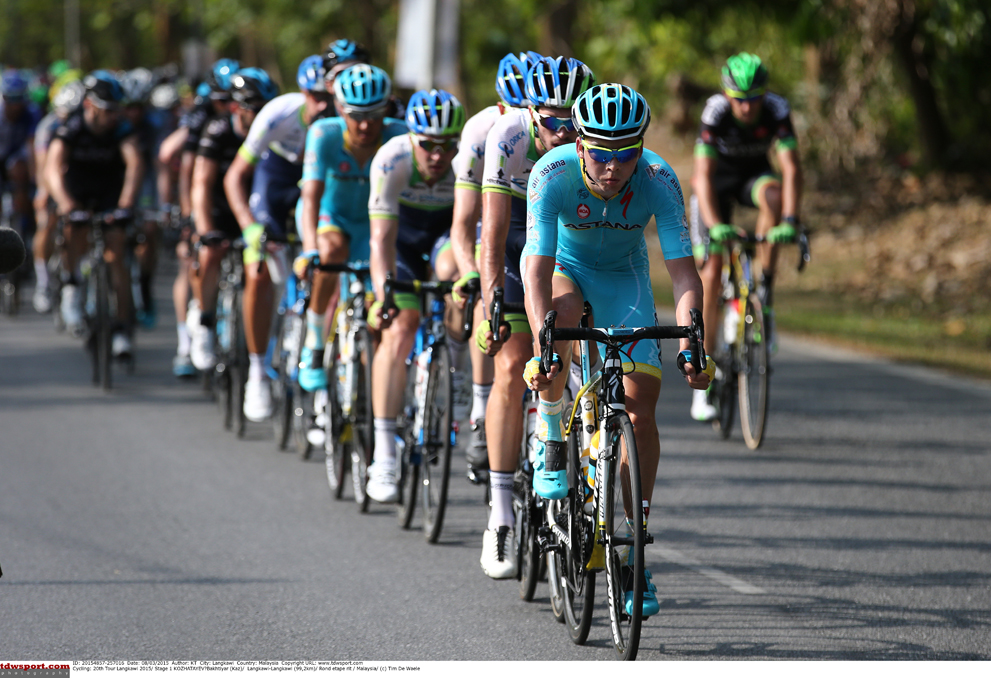
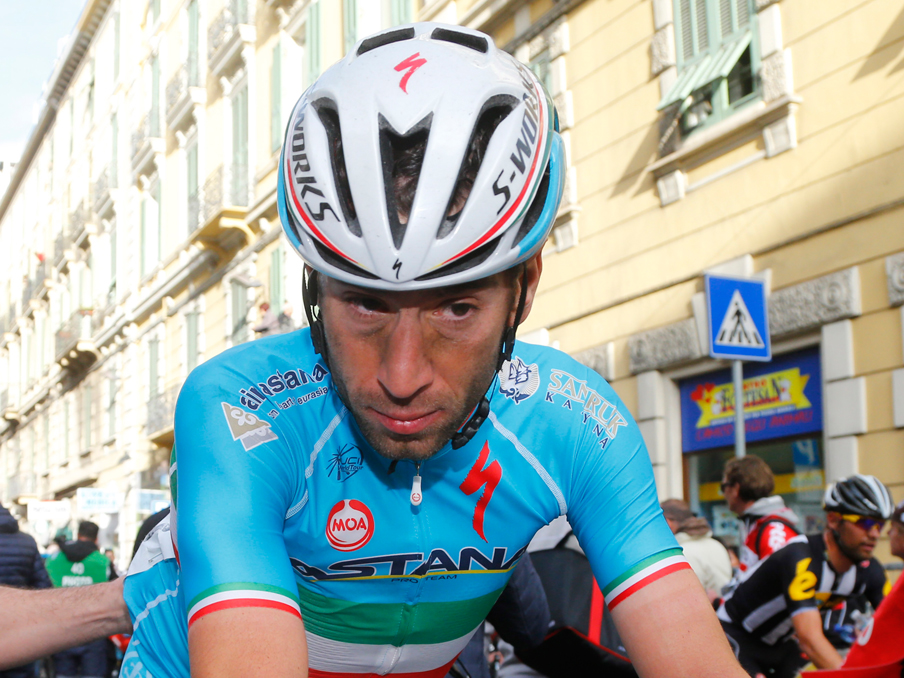
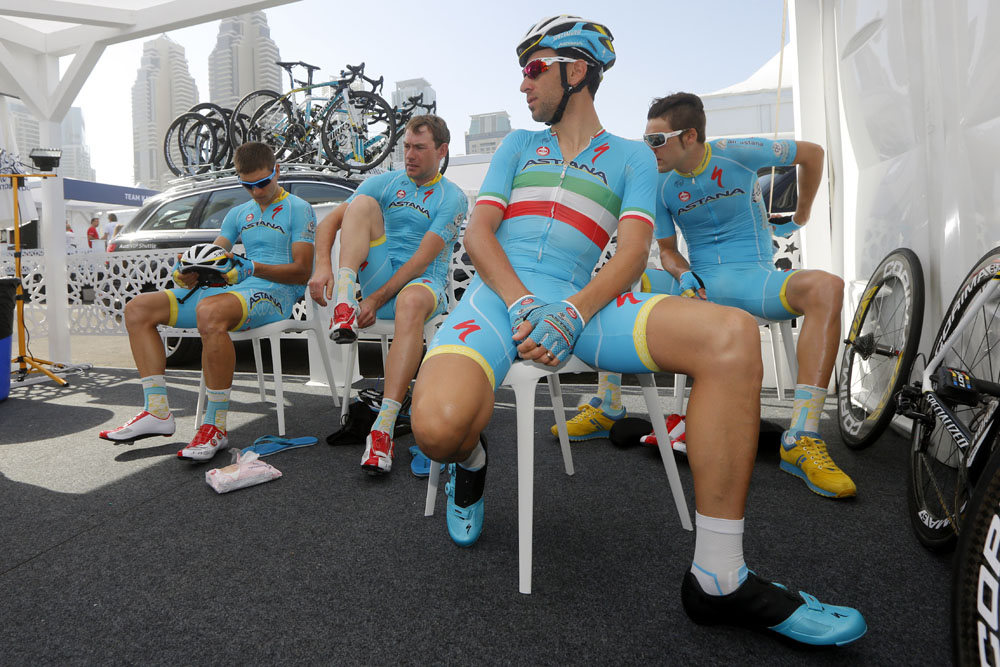
Just days ahead of the UCI Licence Commission hearing that will decide the fate of defending Tour de France champion Vincenzo Nibali's Astana team, the Italian Cycling Federation (FIC) president Renato Di Rocco and UCI president Brian Cookson appear to have clashed over the procedure by which Astana's WorldTour licence situation has been handled, but Di Rocco denied to Cyclingnews that there is any conflict.
UCI awards Astana WorldTour licence
Exclusive: Cookson says Astana are drinking in the last chance saloon
Cookson 'still determined to act' on Astana WorldTour licence
UCI requests withdrawal of Astana's WorldTour licence
Astana talking with lawyers after UCI request licence withdrawal
Astana willing to work with Licence Commission
Report: Astana facing March 20 deadline for licence defence
Astana carry on as usual despite licence concerns
Vegni hopes Astana licence case will be resolved before the Giro d’Italia
Report: Astana to lose WorldTour licence
According to a letter obtained by Reuters, Di Rocco questioned why the UCI Management Committee, of which he is a member, were not consulted before the UCI recommended the Licence Commission revoke Astana's WorldTour status.
"In all the mentioned cases (Olympics, women cycling) we, as management committee members, have been directly involved," Di Rocco wrote. "However, concerning the Licence Commission withdrawal of Astana this procedure was not followed. On Feb. 27 we had received only a press release which informed us the UCI requested the withdrawal of the Astana pro team (World Tour) license."
Di Rocco seemed to suggest that Cookson was taking a unilateral approach rather than allowing the Licence Commission to make its own decisions. "We have always sustained the Licence Commission is, and must be, autonomous and independent. Why in this case does the Licence Commission not act independently?" Di Rocco wrote.
Cookson then responded, according to Reuters, explaining that the proper procedures were followed, and that the discussions had taken place between the members of the Executive Committee after a review the audit performed on Astana by the University of Lausanne Sports Institute (ISSUL) uncovered differences between Astana's licence application and the audit results.
“I’ve seen the reports in the media but there’s no dispute between myself and Brian Cookson," Di Rocco told Cyclingnews' Stephen Farrand. "I don’t know how the letters emerged in public, they didn’t come from me. It’s only a dialogue between people who are part of the same organisation. We write to each about once a week about lots of aspects. Obviously at the moment the Astana case is all over the news but I think we have a normal open dialogue. In my letter I perhaps evaluated the Astana case in a different way to Brian but I think it’s a contribution.”
"It’s not a conflict, it’s a dialogue. I’ve got some doubts about the case based on my experience in cycling and only hope that Brian and the UCI legal team are tranquil and serene. There’s a difference of opinion on the way the Astana case is being confronted, but I accept the decisions of the UCI directive.”
Get The Leadout Newsletter
The latest race content, interviews, features, reviews and expert buying guides, direct to your inbox!
Di Rocco insisted that he supports the work of Cookson, but warned that revoking Astana's licence could damage all of cycling. “Nibali’s Tour de France win has made him an idol in Kazakhstan, so situations of this kind, during the year, cause damage to the whole of cycling, not only to Italian cycling.”
Asked if it was perhaps not better to wait until the end of season before trying to revoke the Astana team’s licence, Di Rocco said: “You’ll have to ask Brian about that.”
“I repeat, I really appreciate the work Brian is doing. He deserves our support and we really needed a change. We can perhaps discuss the methods he’s using but he’s the president and I follow the orders.”
Di Rocco denies a conflict of interest
The closing paragraph of Cookson's letter to Di Rocco questioned whether or not a partnership between the Italian and Kazakhstan cycling federations qualifies as a conflict of interest, Cookson wrote, according to Reuters, "I understand that you, as president of the Italian Cycling Federation, of course have a special interest in this matter and I acknowledge your right to raise your concerns. I also note, with some surprise, reports the FIC has entered a joint venture with the Kazakh Federation about - inter alia - projects of development with Astana teams only a few days before the Astana Licence Commission hearing."
Di Rocco made no conflict of interest declarations to the UCI, according to the UCI website, and does not think the partnership qualifies.
“I don’t think our agreement with the Kazh federation is a conflict of interest at all. It started last year, when Astana helped the Bepink team. We have agreements in place with numerous Federations and countries," Di Rocco said. "We have contacts with lots of countries because we have 54 riders in different WorldTour and 60 staff members in different teams. There are 42 Under 23 riders racing in Italy from lots of different countries, so it’s normal we work together.”
The Kazakh and Russian Federations also signed a "memorandum of cooperation" to develop cycling in their countries this month.
Di Rocco pointed out that the stakes are high no matter what the Licence Commission decides.
“I hope the Licence Commission deals with things autonomously," Di Rocco said. "I don’t want to think what will happen if the team does not keep its licence. I’ll actually probably have to think more about if the opposite happens. Politically thinking, if the Licence Commission confirms Astana’s licence, what does it mean for the UCI? I think it would be very weakened. That’s my contribution to the debate.”

Stephen is one of the most experienced member of the Cyclingnews team, having reported on professional cycling since 1994. He has been Head of News at Cyclingnews since 2022, before which he held the position of European editor since 2012 and previously worked for Reuters, Shift Active Media, and CyclingWeekly, among other publications.